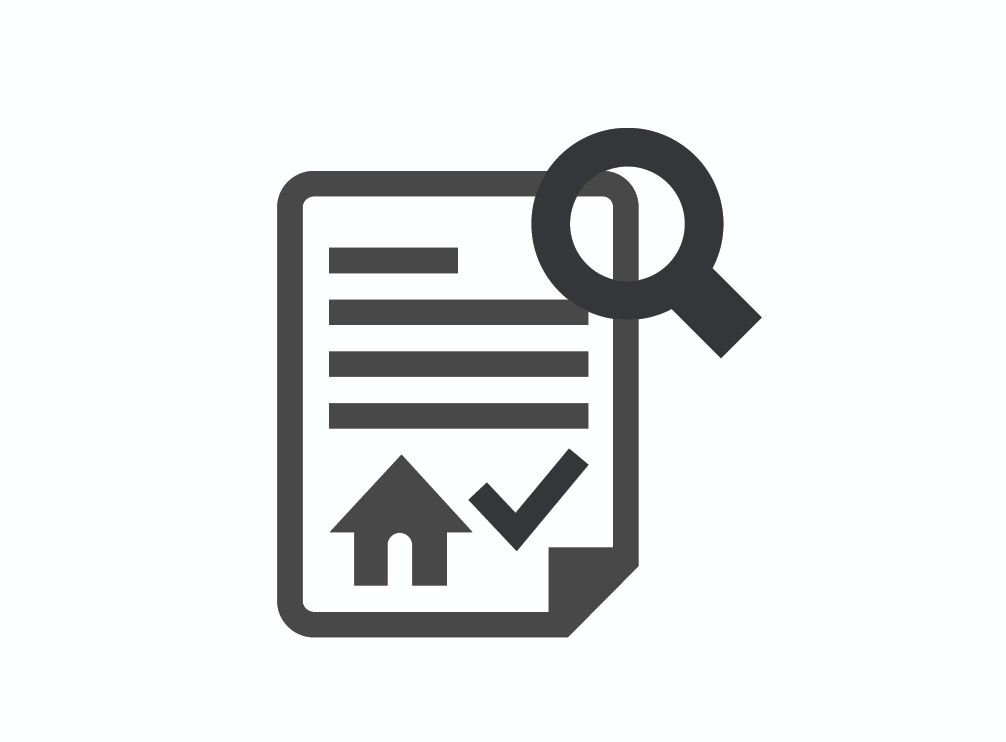The Path to Home Ownership
Purchasing real estate can be a complicated process with many moving parts. Recognizing this, I dedicate time to ensuring my clients acquire a thorough understanding of the steps along the “Path to Home Ownership”.
Buyer Counseling Session
The best place to start is with a Buyer Counseling Session. A Buyer Consultation is a strategic overview of the home buying process. This initial conversation is key for me to understand your wants so I can deliver what you need throughout the entire home buying process. You have the opportunity to clarify questions you have in real time.

Buyer Agency Agreement
To hire and officially work with a Real Estate Advisor like me, we need a Buyer Agency Agreement. Agency is a business relationship, where you as the principal give authority to a real estate agent to act on your behalf with third parties (sellers of homes). Our Buyer Agency Agreement defines the terms of the agency relationship. A real estate agent will be with you from the beginning of your home search until your home is in your name and you get keys, so you want someone who knows the market, understands what you are looking for, and with whom you enjoy working. A Buyer’s Agent works for you, on your behalf, negotiating a home purchase that satisfies you.

Mortgage Pre-approval
The majority of home buyers purchase via the use of financing - a mortgage loan. When an offer is sent to a Seller, they want to be sure buyers have the wherewithal to complete the transaction. While it is not a legal requirement to include proof that you have the ability to purchase, proof that you can is essential for sellers to evaluate your offer. The absence of information could quickly end negotiations before they really begin. It is traditional to include a pre-approval letter that states you can purchase your target home at a specific price. To get pre-approval letters, you will complete a short online loan application with a lender and have a followup conversation with the loan officer to discuss which mortgage options are best. If you are a first time home buyer, you may qualify for incentive programs that make your first home purchase a little easier. Ask your lender for details.

Visiting Homes
Seeing properties in person is the best way to learn the market and fine tune what you are looking for in a home. Some buyers luck out and the first property they see is the home they now own and live in, but do not worry if that is not you. There are so many inherent benefits to viewing multiple properties that I work with buyers to join me on at least two scheduled showing tours of 4-6 homes each as we begin the home search. Seeing homes in person, learning their floor plans, and talking about what you like and did not like about them helps to sharpen your targets, leading to finding more homes that please you. It is important to remember to ask me right away when you want to see a home as many properties sell quickly in our market. Never hesitate to ask for a showing, as any agent unwilling to show you a home is not the right agent for you!

Ready to get started? Contact me today!
Identify the one
There will be a moment during your home search when you find a home you envision as your own. And then it is time for us to draft an offer! That might seem as simple as calling the Seller or the Seller’s Listing Agent, stating the price you want to pay. The typical path to preparing a draft requires more. It requires answering a variety of questions to fully develop the offer that leads to your ‘grasp on keys’ to your newly acquired home! This is where I become your assistant! As a professional Real Estate Advisor, the moment you identify “The One”, my comprehensive review of the property begins. I will contact the Seller or Listing Agent to acquire any additional information on the home and what the Seller desires in an offer. We will ask your lender to provide cost estimates for the total money you will need to settle (close) on the home, and for the total monthly amount you will expect to pay for the home. I will next provide you with a current market analysis of comparable homes in the neighborhood to assist in determining your offer price.

Writing an offer
There are additional simple questions that might arise, such as should you ask a Seller to repair something or provide you with a reduction in your cost to purchase the home. Together, we will answer these questions as the draft offer is developed, and those answers need to be known for the Seller to evaluate your offer with detailed terms. These details comprise why offers are written for presentation to Sellers. Written offers generate formal responses from Sellers. Without detailed information, a Seller has nothing to respond to, and if we are providing any information for a Seller to evaluate an offer, a written offer should be sent. All the Seller would need to do is sign the offer to ratify the contract and you are on the direct path to owning the home! Once we complete the detailed offer terms, it is sent to the Seller.

Negotiations/Offer Accepted
There are multiple possible points of negotiations between Buyers and Sellers of homes, and the first can occur after your offer is received and reviewed by a Seller. The Seller has three basic responses - Yes, Yes, with changes in terms, and No. When negotiating, we certainly want all responses from Sellers to be an enthusiastic “Yes”, so we can move another step forward. Unsurprisingly, we may have multiple rounds of discussions to find agreement on items with Sellers. I will be working VERY closely ‘for’ and ‘with’ you, including text/phone conversations as necessary. During negotiations, it is paramount that you are informed of all Seller responses so we can continue to change any “No” and “Yes, but…” replies to “Yes”. When we have agreement, the next phase of your home buying journey begins.

Inspections
After a decade as a Real Estate Advisor, I am pleased to write that every Buyer I have worked with has completed a home inspection while on the path to home ownership. A home inspection is one of the most rewarding expenses to add to your home purchase. I always recommend them. A thorough home inspector can save you thousands of dollars and tremendous aggravation. Good home inspectors are known for identifying existing problems and items that while working now, could lead to large bills in your future of ownership. All homes will need maintenance. Inspections educate you on maintenance to budget for during your ownership.

Appraisals
During the same period that you are having a licensed inspector look at your targeted home, an appraisal of the property will be completed. An appraisal is when a licensed appraiser completes an assessment of the monetary value a specific home represents in a specific location in the current real estate market. What does that mean? The appraisal of value is the amount the house is worth compared to other recently sold homes in similar condition, size, and in the immediate neighborhood of the subject home. If you are purchasing with a mortgage, your lender will need the appraisal to verify the home is worth the price you are willing to pay. We may renegotiate the sales price of the home if the appraisal is below the offered sale price.

Settlement Attorney/Title Work
In parallel with appraisals and inspections, the Settlement Attorney working on the transaction will be completing the title work, preparing the paperwork to transfer ownership of the home from the Seller to you. Title work includes researching the ownership of the home to ensure that you will acquire your new home without any unknown legal liabilities. The settlement attorney will also coordinate the transfer of funds from you to the Seller.

Closing Day/Settlement
As you are now a home buying expert, it must be pleasing to know you are now in the “home stretch” of your path to ownership. The final day will begin with a “Walk-through” of your soon-to-be new home. We will complete one more tour of the home and then go directly to the settlement. When you own the home, you will be responsible financially for it. If the water heater, HVAC, or refrigerator breaks, whoever owns the home will be the person paying to repair or replace it. If anything breaks between the time you last see the home and when you sign the papers to become the new owner, that problem is your responsibility. We always complete a final walk-through immediately prior to settlement to limit your exposure to repairs that are the prior owner’s (Seller’s) responsibility.
At settlement, the Settlement Attorney will explain all the documents comprising the transaction, answer questions, and transfer funds from you to the Seller. Settlement will take approximately one hour, and you will be signing documents rapidly as you pretend you are a celebrity signing autographs.

Move in/Celebrate
Then you should celebrate wildly, as your path to ownership is complete and I will provide you with keys the to your new home!

